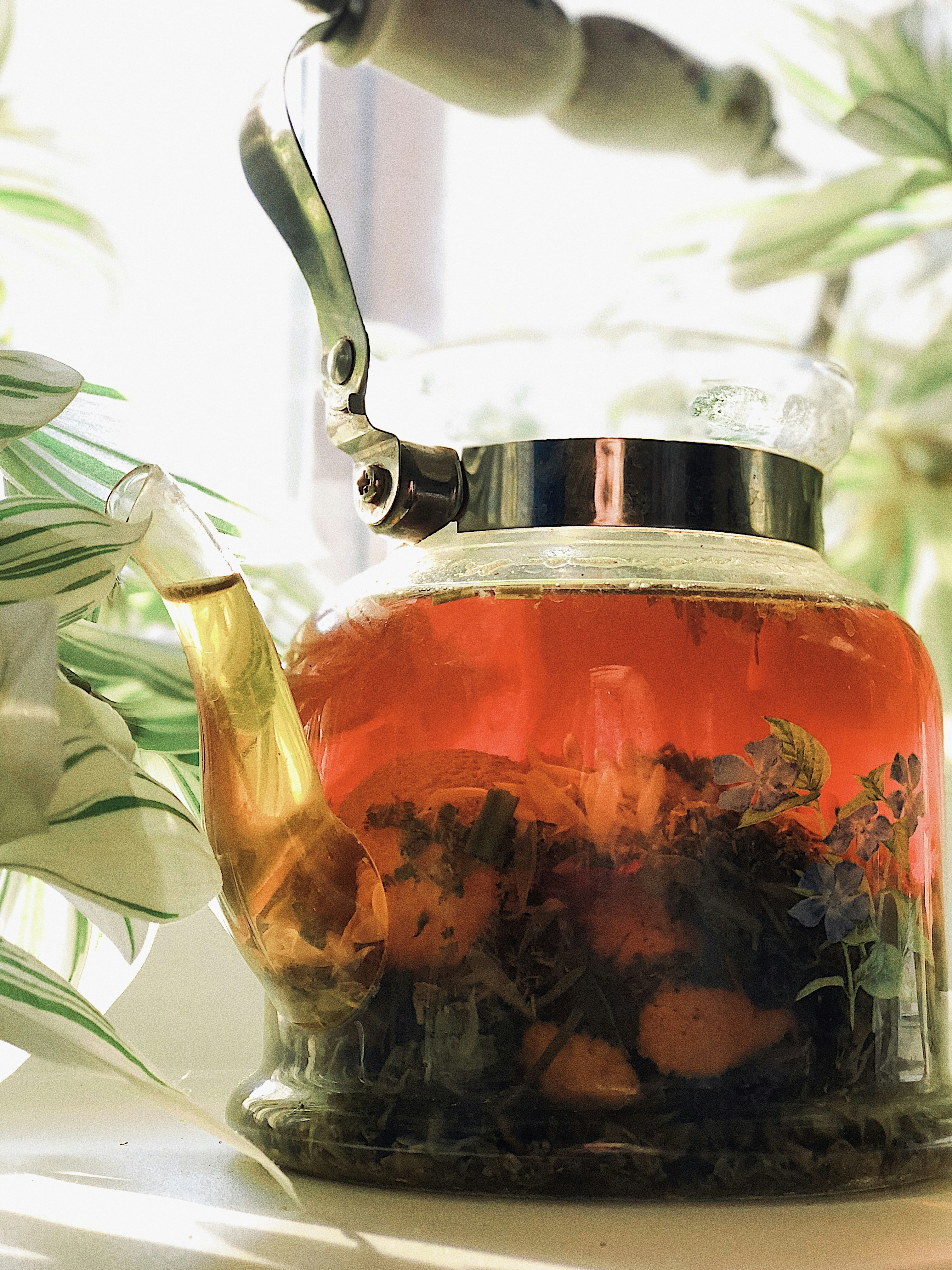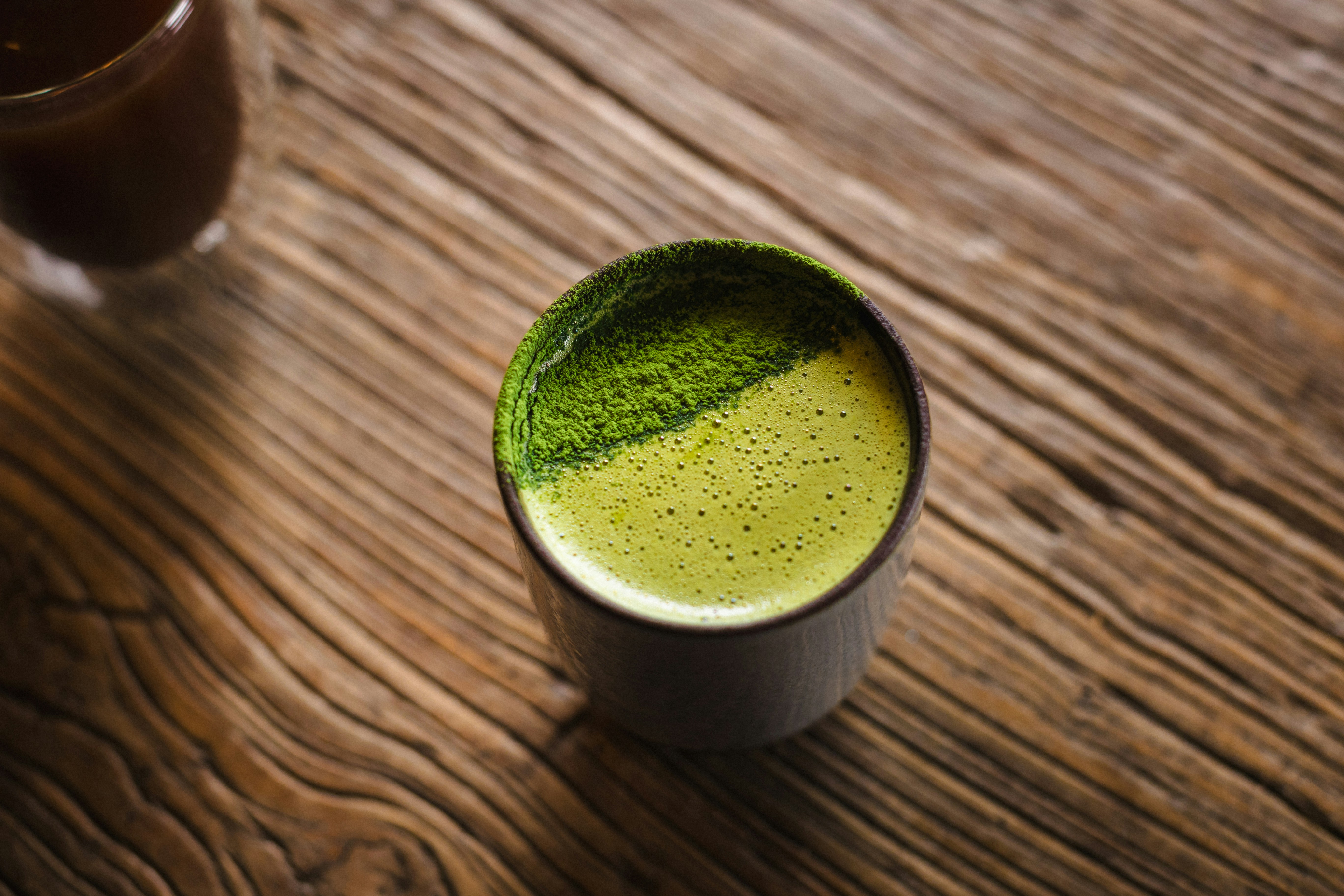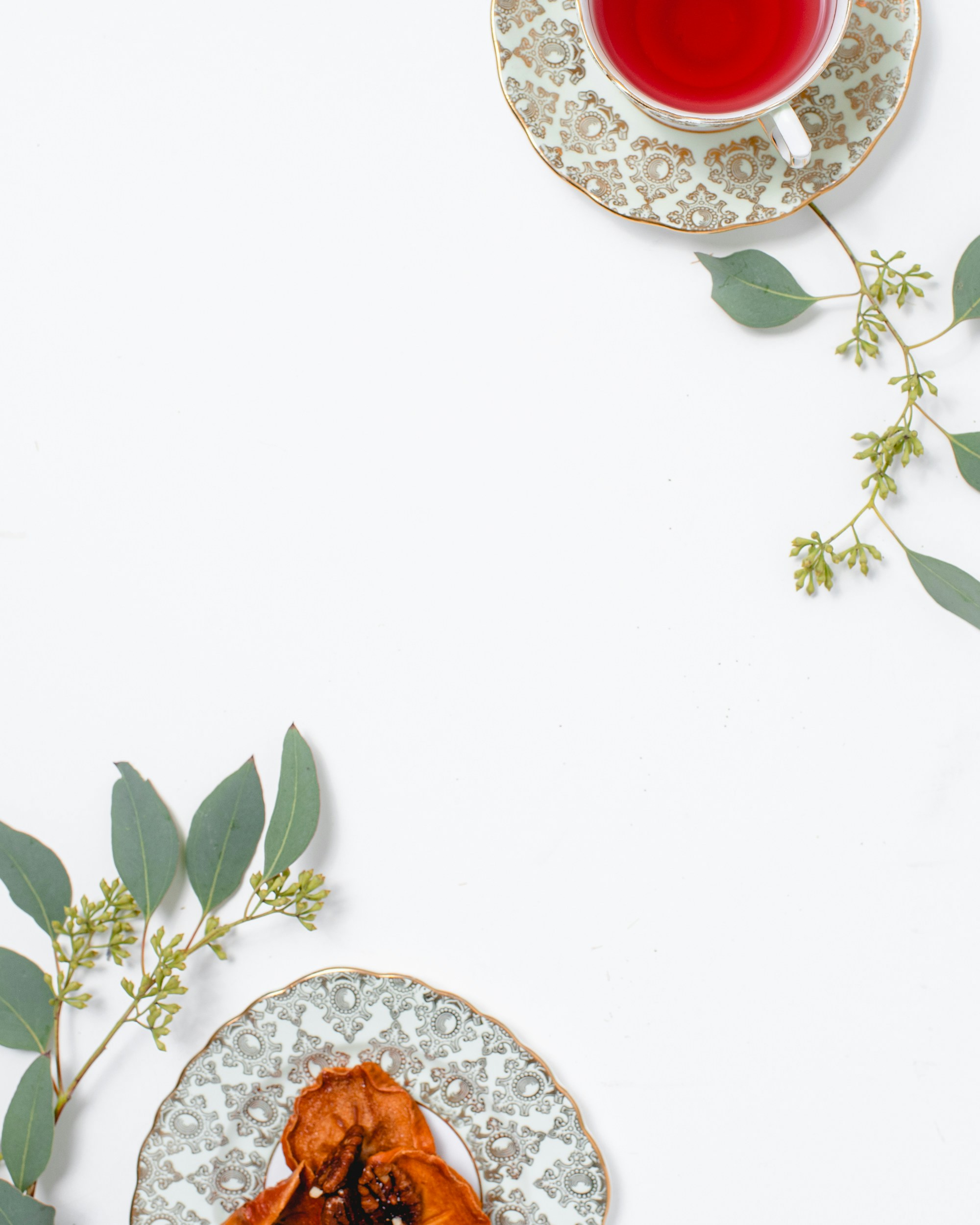Introduction to the World of Tea
Tea is not only a cherished beverage but also an integral part of human history, tracing its roots back thousands of years. This simple infusion of leaves in hot water holds a significant place in various cultures, serving as a symbol of hospitality, community, and relaxation. From the ceremonial tea rituals in Japan to the vibrant tea markets in Morocco, tea transcends borders, fostering connections among diverse peoples and traditions.
As the second most consumed beverage globally, surpassed only by water, tea has evolved in myriad forms. Each culture has embraced its unique interpretations, resulting in an assortment of flavors, aromas, and preparations. Whether it is the robust black tea enjoyed during a British afternoon tea or the delicate green tea used in Chinese wellness practices, the versatility of tea is remarkable. In India, chai is not merely a drink; it is a ritual that brings friends and family together, showcasing the beverage’s ability to bridge gaps between generations and create communal experiences.
This article seeks to explore the multifaceted world of tea, diving into its health benefits, traditional uses, and even its spiritual applications. Drawing upon centuries of knowledge and recent research, we will examine how tea offers much more than mere refreshment; it provides wellness benefits that have been recognized globally. Personal experiences further illustrate tea’s role as a comforting companion during moments of solitude or celebration. For countless individuals, sharing a cup of tea is a universal gesture that signifies compassion and connection, reinforcing the notion that tea is much more than just a beverage.
As we embark on this journey through history and wellness, we will uncover the unexpected health benefits of this ancient drink, revealing how tea can enhance our lives in numerous ways.
A Brief History of Tea: From Ancient China to the Modern World
Tea has a storied history that traces back to ancient China, where it is believed to have been discovered over 5,000 years ago. According to legend, Emperor Shen Nong first encountered tea when leaves from a wild tree blew into his boiling pot of water, creating an invigorating beverage that quickly gained popularity. By the Tang Dynasty (618-907 AD), tea had evolved into a more refined drink, becoming cultural and social staples. It was during this period that tea was first cultivated and processed, marking the beginnings of its widespread appeal.
As trade routes expanded, tea began to travel beyond the borders of China, making its way to neighboring countries such as Japan and Korea. In Japan, tea was introduced by Buddhist monks in the 9th century, and by the 12th century, the rigorous tea ceremony had been established, reflecting the emphasis on mindfulness and aesthetics. Meanwhile, in Europe, tea was first recorded in Portuguese and Dutch trading posts during the 16th century and quickly became associated with the upper class, symbolizing refinement and sophistication.
The influence of tea on historical events is noteworthy, with one of the most significant being the Boston Tea Party in 1773. This protest against British taxation without representation marked a pivotal moment in American history, reflecting the deep-seated socio-political implications of tea. As time progressed, tea became intertwined with social customs across the globe, serving as an emblem of hospitality and connection among individuals. Today, it remains a vital aspect of numerous cultures, enjoyed in various forms—from British afternoon tea to the traditional Chinese gongfu tea ceremony—exemplifying its lasting legacy as a cherished beverage that fosters social bonds.
Traditional Uses of Tea: Beyond the Cup
Tea, a beverage cherished across cultures, has profound significance extending far beyond its consumption. Historically, various societies have woven tea into the fabric of their rituals, ceremonies, and celebrations, creating deep bonds among participants while promoting mindfulness. One prime example is the Japanese tea ceremony, or ‘Chanoyu.’ This meticulous practice elevates the preparation and drinking of matcha to an art form, emphasizing harmony, respect, purity, and tranquility. Aesthetics play a crucial role, with each element, from the tea utensils to the garden setting, reflecting a profound connection to nature and simplicity.
In contrast, the Chinese consider tea houses not merely as places to drink but as cultural hubs where life is celebrated. These venues foster social interactions, where stories are shared and friendships forged over a pot of tea. For instance, the communal drinking of tea during festivals like the Lunar New Year symbolizes unity and vitality, reinforcing the collective spirit of families and communities. Such traditions highlight tea’s role as a facilitator of social bonds, inviting connections that transcend generations.
Furthermore, individuals have reported that participating in these traditions enhances their sense of mindfulness and well-being. For example, a participant in a traditional Chinese tea ceremony recounted how the rhythmic motions of brewing tea and the absence of distractions created a serene environment, leading to profound personal reflection. This element of mindfulness is echoed in tea practices worldwide, reminding us of the beauty of slowing down amidst today’s fast-paced world.
Thus, the rituals surrounding tea offer not just aesthetic enjoyment but emotional and social enrichment, solidifying its status as a vessel for connection and introspection across cultures.
Health Benefits of Tea: What Science Says
Tea has been a prominent beverage across cultures for centuries, serving not only as a comforting drink but also as a source of various health benefits, as substantiated by numerous scientific studies. One of the most powerful attributes of tea is its rich antioxidant content, particularly catechins found in green tea. These antioxidants help combat oxidative stress in the body, reducing the risk of chronic diseases such as heart disease and certain cancers. Research indicates that the regular consumption of green tea can positively impact metabolic rates and may assist in weight management efforts as well.
Black tea, known for its robust flavor, also offers compelling health benefits. The theaflavins and thearubigins present in black tea have been linked to improved heart health by lowering LDL cholesterol levels. Studies show that those who regularly consume black tea may experience reduced risks of heart attacks and strokes. Additionally, black tea can improve gut health due to its antibacterial properties, which foster a healthy balance of gut flora.
Herbal teas, while not technically derived from the Camellia sinensis plant like green and black teas, also provide numerous health advantages. For instance, chamomile tea is renowned for its calming effects, aiding in digestive health and promoting better sleep quality. Peppermint tea has been shown to alleviate digestive discomfort and headaches, while ginger tea may assist in reducing inflammation and boosting the immune system.
Incorporating tea into daily routines can be an effective strategy for enhancing overall wellness. Each type of tea offers distinct health benefits, encouraging a diverse approach to beverage consumption. With the wide array of teas available, individuals have the opportunity to explore flavors and effects that align with their personal health goals. As studies continue to evolve, the role of tea in a healthy lifestyle remains compelling and worth considering.
Spiritual Applications of Tea: Mindfulness and Beyond
Throughout history, the ritual of tea drinking has transcended mere consumption, evolving into a profound spiritual practice steeped in mindfulness and reflection. Many cultures view the preparation and enjoyment of tea as a sacred ritual, providing a moment of pause amidst the chaos of daily life. This process of brewing tea can serve as an opportunity for introspection, allowing individuals to reconnect with their inner selves.
Engaging in the act of making tea requires a certain level of presence and attention. As one measures out the tea leaves and watches the water come to a boil, they often find themselves centering their thoughts on the present moment. This meditative practice not only promotes relaxation but also strengthens one’s ability to focus, effectively fostering a sense of mindfulness. Many individuals discover that the simple act of drinking tea can transform into a form of meditation, inviting peace and tranquility into their lives.
Personal testimonials provide insight into the spiritual solace that tea can offer. Take, for example, a practitioner of mindfulness who found solace in this ritual during trying times. They noted how preparing a pot of tea became a grounding activity, one that helped them navigate stress and anxiety. Similarly, others have shared that their daily tea ceremony offers a moment to reflect on their intentions for the day, reinforcing a connection to their spirituality and inner wisdom. These narratives illustrate that the enjoyment of tea extends beyond flavor; it embodies a deeper exploration of the self, offering individuals a sanctuary for quiet contemplation.
Through mindfulness and the spiritual applications of tea, many are discovering an enriching dimension to this ancient beverage. Embracing these rituals can lead to greater awareness and a stronger bond with one’s inner landscape.
Tea in Modern Wellness Practices
The integration of tea into modern wellness practices reflects a growing appreciation for its multifaceted health benefits. In recent years, tea has transcended its traditional role as a simple beverage and has become a staple in holistic health circles. Many practitioners advocate for the consumption of herbal, green, and black teas due to their rich array of antioxidants, vitamins, and minerals that support overall well-being.
The rise of wellness movements has spurred an increasing number of tea-infused recipes and wellness products. People are now incorporating tea into various culinary creations—ranging from teas infused in soups and sauces to teas used in smoothies and desserts. This trend not only enhances flavor but also capitalizes on the health-promoting properties of tea, providing an accessible way to integrate wellness into everyday meals.
Personal experiences shared by those who have embraced tea as part of their health regimen reveal considerable positive outcomes. For instance, many individuals report improved digestion, increased energy levels, and enhanced mental clarity after incorporating specific types of tea into their daily routines. Green tea, in particular, is renowned for its metabolism-boosting attributes, while chamomile tea has been linked to improved sleep quality. Such benefits contribute to the burgeoning popularity of tea in modern wellness discussions.
Additionally, the market is responding to this surge of interest by introducing a variety of innovative tea blends and wellness products that cater to health-conscious consumers. From matcha-infused energy bars to adaptogenic tea blends designed for stress relief, the creative fusion of tea with other health-boosting ingredients showcases the versatility of this ancient beverage. As individuals seek natural and holistic solutions to health issues, tea continues to solidify its place in the landscape of modern wellness.
Tea’s Role in Social Connection: Stories to Inspire
Throughout history, tea has served as more than just a beverage; it has acted as a catalyst for social interactions and strengthening relationships across cultures. The act of preparing and sharing tea often brings individuals together, fostering a sense of community and connection. From family gatherings to formal ceremonies, tea holds a unique ability to bridge gaps between people from different backgrounds.
In many cultures, the tradition of tea-drinking revolves around socializing. For instance, in China, the Gongfu tea ceremony is not merely about tasting tea; rather, it emphasizes the social aspect of making connections during the process. Family members and friends gather for hours, engaging in meaningful conversations as they savor the meticulously brewed tea. This intimate setting encourages the sharing of stories, deepening bonds among those present.
Anecdotal evidence highlights how tea facilitates conversation in various settings. Consider the concept of the “afternoon tea” in British culture. This practice has evolved into an occasion for friends and families to reconnect, providing an opportunity to share life’s experiences over a cup of tea and baked treats. It is not just about the tea itself, but the shared moments that uplift relationships and create lasting memories.
Moreover, tea acts as a bridge among diverse cultures. When one visits different nations, partaking in a local tea ritual can foster an immediate sense of kinship. For instance, host families in Morocco often greet their guests with the traditional mint tea, symbolizing hospitality and warmth. Sharing a cup of this aromatic brew can convert strangers into friends, illustrating how tea transcends language barriers and cultural differences.
As you reflect on your tea-drinking habits, consider the opportunities to invite loved ones into your space for a simple tea gathering. Whether through hosting a casual afternoon tea or participating in cultural tea ceremonies, the act of sharing tea can transform ordinary moments into significant connections.
Addressing Common Misconceptions About Tea
Tea, one of the oldest and most consumed beverages worldwide, is often surrounded by misconceptions that can cloud its numerous health benefits. One prevalent myth is related to the caffeine content in tea. While it is true that tea contains caffeine, the levels are generally lower than those found in coffee. For instance, an average cup of black tea contains approximately 40-70 mg of caffeine, compared to 95 mg in a typical cup of coffee. This comparatively lower caffeine content can make tea a preferable option for individuals sensitive to caffeine or those looking to reduce their intake.
Another common misconception is that tea leads to dehydration. Contrary to this belief, research indicates that the hydrating effects of tea can offset its caffeine content. Studies have shown that moderate consumption of tea can contribute positively to overall hydration levels, as the fluid intake from tea can be significant. Thus, for most people, tea can be a hydrating beverage that also provides a myriad of health benefits, including antioxidants that protect against cell damage.
Additionally, there is a perception that tea consumption is unsuitable for specific age groups, particularly children or seniors. However, tea can serve as a delightful and healthy beverage option for various ages, provided it is consumed in moderation. Herbal teas, for example, are naturally caffeine-free and offer numerous health benefits, making them ideal for children or those with sensitivity to caffeine. For seniors, certain teas like green tea or rooibos have been associated with heart health and can be safely included in their diets. It is essential for individuals to pay attention to their personal experiences and consult healthcare professionals if they have concerns about potential interactions with medications or health conditions.
Consequently, understanding these misconceptions helps potential tea drinkers make well-informed decisions, ensuring they can enjoy their tea while reaping its health benefits in moderation.
Conclusion: Reflecting on the Journey with Tea
Tea has served as much more than just a beverage throughout history; it has woven itself into the very fabric of various cultures and traditions. From ancient rituals in China to modern-day tea ceremonies across the globe, the story of tea illustrates its significance beyond mere consumption. As we have explored, the multi-faceted nature of tea encompasses not only a variety of flavors and aromas but also an array of health benefits that are increasingly recognized in contemporary wellness practices.
Through this journey, we have learned about the diverse types of tea, including black, green, white, and herbal varieties, each offering unique properties and advantages. The natural compounds found in tea, such as antioxidants and polyphenols, contribute to improved health outcomes, making it a worthy addition to a balanced lifestyle. Furthermore, the calming rituals associated with tea preparation and consumption provide an opportunity for mindfulness, which can foster mental wellness amidst our bustling lives.
As you consider incorporating tea into your daily routine, we encourage you to explore the vast landscape of options available. Experimenting with different tea blends and recipes can enhance your appreciation for this ancient drink and its related customs. Furthermore, sharing your personal tea stories can help foster a sense of community and connection among fellow tea enthusiasts. Whether it is a cherished family recipe or a unique tea experience, your journey with tea holds value.
In conclusion, we invite you to take part in the rich history and ongoing cultural practices centered around tea. Embrace the health benefits, discover new flavors, and honor the traditions that have elevated tea to an esteemed position in both health and society. After all, each cup of tea offers an opportunity for reflection and connection. Please feel free to share your own tea experiences and insights in the comments section below.








Leave a Reply